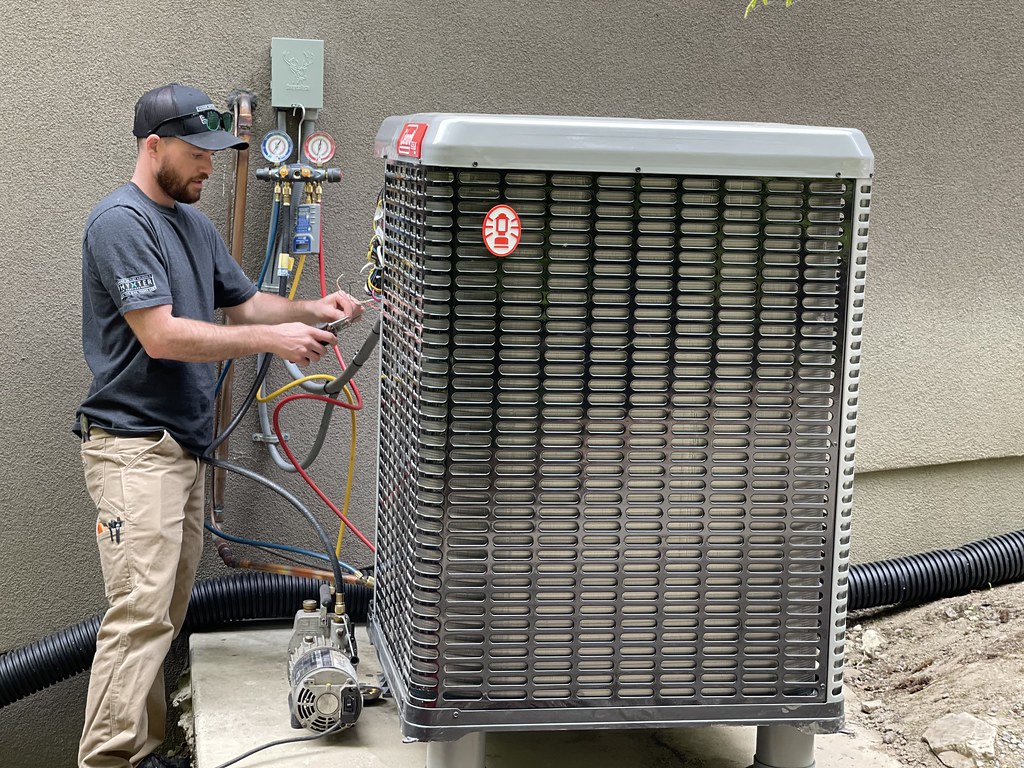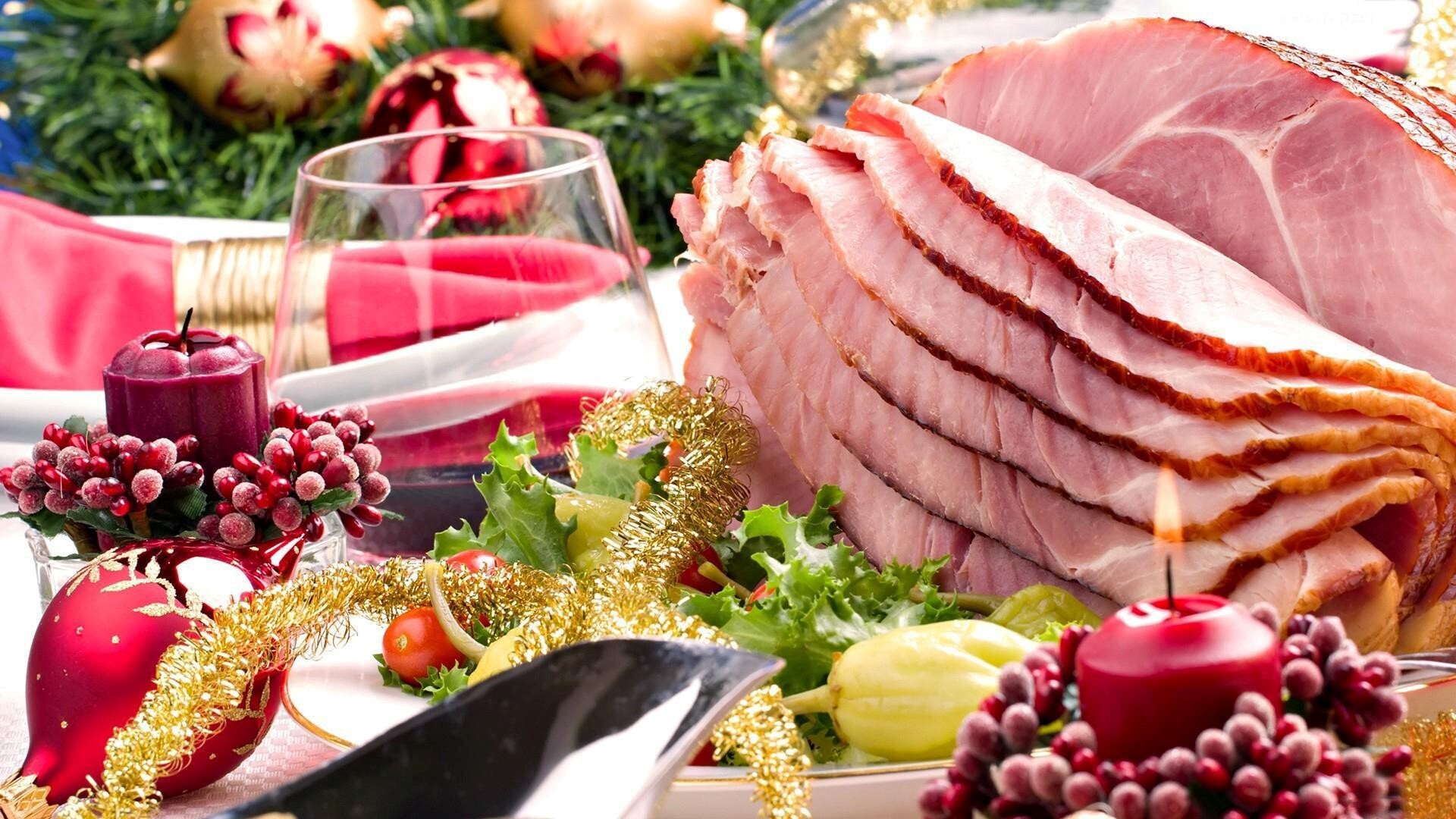With the summer Olympics just months away, skateboarding fans will be delighted to see the sport feature at the games for the first time.
Tokyo 2020, set to commence on July 23rd this summer, has been a long time coming for skateboarders, especially after the pandemic set it back a year. During this time, though, there has been an influx of people taking up the action sport.
Megan Heeley, 23, attributed the sport’s social elements as a key motivation for her decision to get involved:
“My friends started to roller skate during the pandemic so I used to go down and then tried it out a couple of times… I was terrible at it! A few people were skateboarding so I just tried it out and kept going down and became more confident. It was more of a social thing to meet people during the pandemic and get out of the house. Now I have met some really lovely people who skate and it is just a really relaxed environment.”
Megan described herself as still being at the genesis of her skateboarding journey. She frequents the Hardy Pick pub car park on Abbeydale Road, Sheffield, which attracts a lot of ‘seriously skilled female skaters’.
One of the issues facing female skateboarders is that more traditional skate parks do not always feel accommodating to women, especially beginners.

According to research done by Cognosis, only 15 per cent of the 750,000 UK skateboarding participants in the UK are female. Despite the obvious male-domination within the sport, female participation has increased by 24 per cent over the past year to over 100,000 participants.
GirlSkate UK has been at the forefront of creating a safe space for women to get into skating. Founded almost seven years ago, the organisation is home to the UK’s largest female-focussed skateboarding events. It also branches out into different ‘Local Girl Gangs’ across UK cities in order for events to be managed with a stronger local perspective.
Rosannah Jones, 27, who has attended Manchester Girls Skaters spoke of the girl gangs’ importance for herself as a participant: “Skateboarding had always seemed like a really scary and intimidating sport, I’d always wanted to try it but never had the confidence to do it somewhere public. At Projekts (a skatepark in Manchester), I discovered a friendly, inclusive and supportive community open to all backgrounds and all abilities.”
In Hull, Annie McCormack has created OddGirlsGoSkate, primarily promoted on Instagram since it began last November.
Annie, 29, said that she set it up – “purely because I wanted more women to skate with” – echoing Rosannah’s words from an East Yorkshire in which she stressed the importance of having a ‘safe space of encouragement, energy and support for women learning to skate.”
Although OddGirlsGoSkate is not officially one of GirlSkate UK’s local gangs, there remains great collaboration between the groups working towards the same goal.
Annie told us: “GirlSkate and other support networks across the U.K. have helped amazingly! I think seeing other women get out there, support one another, helping and giving guidance just offers that sense of freedom to want to join in!
“Skating isn’t easy, it’s an art form and it takes time, patience and hard work to be able to achieve goals but when you have that support of all these platforms like social media cheering each other on from learning to Ollie, cursing a bowl, even skateboard setups and designs, it’s just beautiful to see!”
View this post on Instagram
Approaching Tokyo 2021, one of the stars of Team GB could very well be a female skateboarder. Sky Brown has taken the skateboarding scene by storm and has been heralded as the prodigy of the female skate scene. Astoundingly, at just twelve years old, Brown will be looking to build upon the bronze medal she achieved at the World Skateboarding Championships in 2019.
When asked about whether the Olympics provides the opportunity for women’s skateboarding to grow following its coverage this summer, Megan told us:
“As an amateur, I am just in awe of skateboarders, so yes definitely! I don’t know too much about skateboarding, but I think any exposure will be amazing for the sport. With skateboarding being at the summer Olympics, hopefully, it will give females a platform as it is a male-dominated sport. When skateboarders are shown in the media it is generally males, so hopefully, the Olympics will help shift this stereotype.”
Skateboarding’s lack of specific status is partially responsible for the sport’s late Olympic recognition. For some, it is recognised as a sport, while others see it more of a skill or artistic expression. Annie leans more toward the latter, describing it as an ‘art form’.
“[The way it] challenges your body to control yourself and that board. I can sit for hours and hours in amazement at some of the skateboarders I see around the skateparks! I think it’s an art form, a skill and a talent to do what some of those skaters can achieve on that skateboard! It’s magic!” she said.
In a momentous year for British skateboarding, their team, Skateboard GB, are working with Habito to try and boost participation and engagement in the sport. Their CEO, Abba Newbury, said one of the changes they are looking to introduce is the accreditation of skateparks. She also told us that they are working with Skateboard GB to introduce professional qualifications and coaching.
Whether you are lifetime fan or experimenting it for the first time on the board or on the TV, there is never a dull moment.




